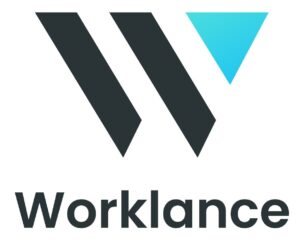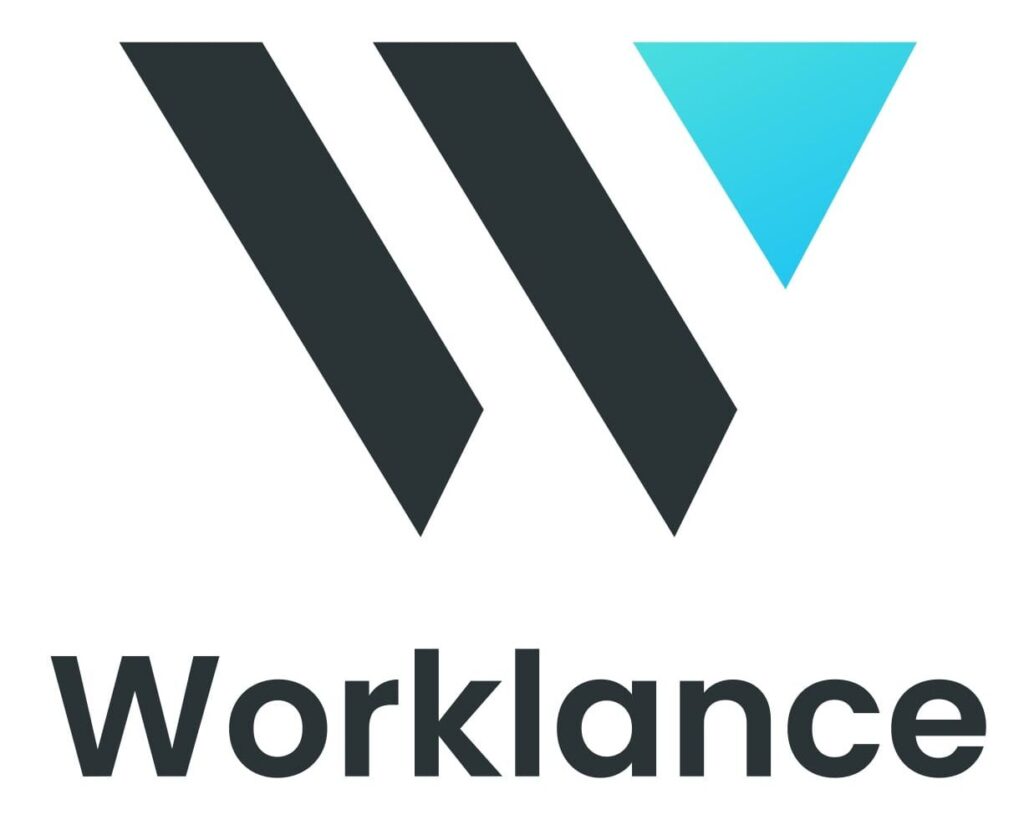Embarking on a career in life sciences consulting offers a dynamic pathway into the intersection of science, business, and innovation. Life sciences consultants are essential players in assisting pharmaceutical, biotechnology, and healthcare companies in navigating the complex challenges of the industry.
The Multifaceted Nature of Life Sciences Consulting:
At the heart of life sciences consulting lies a multifaceted approach, encompassing a diverse range of areas from market access strategies to regulatory compliance and beyond. Consultants provide strategic guidance tailored to each client’s needs, helping them to overcome obstacles and seize opportunities in a rapidly evolving landscape.
Key Areas of Focus:
- Market Access Strategies: Consultants work to optimize product launches and maximize market penetration, ensuring that companies can effectively navigate reimbursement and market access challenges.
- Regulatory Compliance: Consultants ensure that companies adhere to stringent regulations while bringing products to market efficiently, helping to mitigate risks and ensure compliance.
- Product Development and Commercialization: This involves everything from pricing and reimbursement strategies to branding and marketing efforts, ensuring that companies can successfully bring their products to market and achieve commercial success.
Driving Innovation and Positive Change:
Innovation is a cornerstone of life sciences consulting, with consultants driving forward-thinking solutions that improve patient outcomes and shape the future of healthcare. By leveraging their expertise and industry knowledge, consultants play a vital role in advancing medical innovation and driving positive change.
Key Skills for Success:
Success in life sciences consulting requires a unique blend of skills, including analytical thinking, problem-solving, and effective communication. Consultants must possess a deep understanding of both the scientific and business aspects of the industry, enabling them to provide valuable insights and recommendations to clients.
Career Pathways and Progression:
The path to a career in life sciences consulting typically begins with a strong educational background in life sciences, business, or a related field. Graduate programs, internships, and entry-level positions at consulting firms provide valuable opportunities to gain hands-on experience and develop essential skills.
Career progression in life sciences consulting offers a range of opportunities for advancement, from entry-level analyst roles to managerial, directorial, and executive positions. Specialization in niche areas such as market access, health economics, and data analytics can further enhance career prospects and open doors to new opportunities.
Shaping the Future of Healthcare:
As the healthcare landscape continues to evolve, so too does the role of consultants in shaping its future. By staying abreast of industry trends, embracing innovation, and continually honing their skills, life sciences consultants can make a lasting impact on the healthcare sector and drive positive change for years to come.
Conclusion:
In conclusion, life sciences consulting offers a unique and dynamic career path for individuals passionate about making a difference at the intersection of science, business, and innovation. With a multifaceted approach encompassing market access strategies, regulatory compliance, and product development, consultants play a vital role in driving forward-thinking solutions and shaping the future of healthcare. Success in this field requires a blend of analytical thinking, problem-solving skills, and a deep understanding of both the scientific and business aspects of the industry. As consultants continue to drive innovation and positive change, the opportunities for growth and advancement in life sciences consulting are limitless.
Q&A:
1. What educational background is typically required for a career in life sciences consulting?
A strong educational background in life sciences, business, or a related field is typically required for entry into life sciences consulting. Many consultants hold advanced degrees such as master’s or doctoral degrees in fields such as biology, chemistry, pharmacology, business administration, or healthcare management.
2. What are some of the key skills needed to succeed in life sciences consulting?
Key skills for success in life sciences consulting include analytical thinking, problem-solving, effective communication, and project management. Consultants must also possess a deep understanding of both the scientific and business aspects of the industry, as well as the ability to work collaboratively in multidisciplinary teams.
3. What career progression opportunities are available in life sciences consulting?
Career progression in life sciences consulting typically involves advancement from entry-level analyst roles to managerial, directorial, and executive positions. Consultants may also have the opportunity to specialize in niche areas such as market access, health economics, or data analytics, further enhancing their career prospects.
4. How does life sciences consulting contribute to innovation in the healthcare industry?
Life sciences consulting plays a vital role in driving innovation in the healthcare industry by providing strategic guidance and solutions to pharmaceutical, biotechnology, and healthcare companies. Consultants leverage their expertise and industry knowledge to develop forward-thinking strategies that improve patient outcomes, drive advancements in medical innovation, and shape the future of healthcare delivery.


